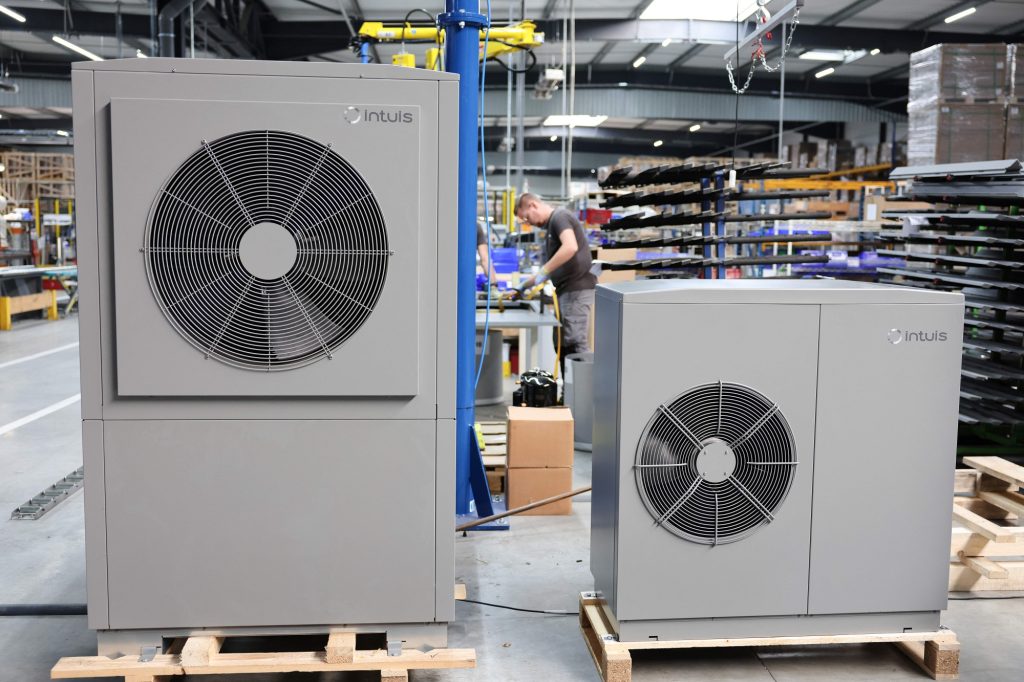Efficient heat pump solutions are becoming increasingly popular for home heating due to their ability to provide comfortable warmth while reducing energy consumption. Unlike traditional heating systems that generate heat by burning fuel, heat pumps work by transferring heat from one place to another, making them a highly energy-efficient option. They operate on a simple principle: by using electricity to move heat from the outside air, ground, or water into a home, heat pumps can provide heating even in colder climates, offering a sustainable and cost-effective solution. The key benefit of heat pumps is their energy efficiency. For every unit of electricity used to run the system, a heat pump can deliver multiple units of heating or cooling. This is because they do not create heat directly; instead, they concentrate and transfer the existing heat. In the winter, air-source heat pumps extract heat from the outside air, even when temperatures drop to freezing levels, and bring it inside to warm the home. In the summer, the process is reversed, and the heat pump acts as an air conditioner by removing heat from the indoor air and releasing it outdoors. This dual functionality makes heat pumps a versatile solution for year-round comfort.

One of the most significant advantages of using heat pumps for home heating Jnod is their reduced carbon footprint compared to traditional heating methods, such as oil or gas heating. Since they use electricity to transfer heat, their environmental impact depends largely on the source of the electricity. When powered by renewable energy sources like solar or wind, heat pumps can be an entirely green solution, significantly reducing a home is overall emissions. This makes heat pumps a key player in the move toward more sustainable and energy-efficient homes. Additionally, heat pumps require less maintenance than conventional heating systems. With no fuel combustion, the risk of wear and tear from rust or soot buildup is minimized, and there are fewer mechanical parts to maintain. Regular inspections and simple maintenance tasks like changing filters and checking for leaks are usually sufficient to keep the system running efficiently. The longevity of a heat pump also adds to its appeal, with many units designed to last upwards of 15 years or more.
While the initial installation cost of a heat pump can be higher than that of traditional heating systems, the long-term savings on energy bills often outweigh this upfront expense. The efficiency of heat pumps translates into lower heating costs, which can provide significant savings over time. Government incentives and rebates also make heat pump installations more affordable for homeowners, further encouraging the adoption of this technology. In conclusion, heat pumps offer an efficient and environmentally friendly solution to home heating needs. Their ability to transfer heat with minimal energy input, along with their reduced maintenance requirements and long lifespan, makes them a smart investment for homeowners looking to reduce their energy bills and carbon footprints. With growing interest in sustainable living, heat pumps are poised to play a key role in the future of home heating.